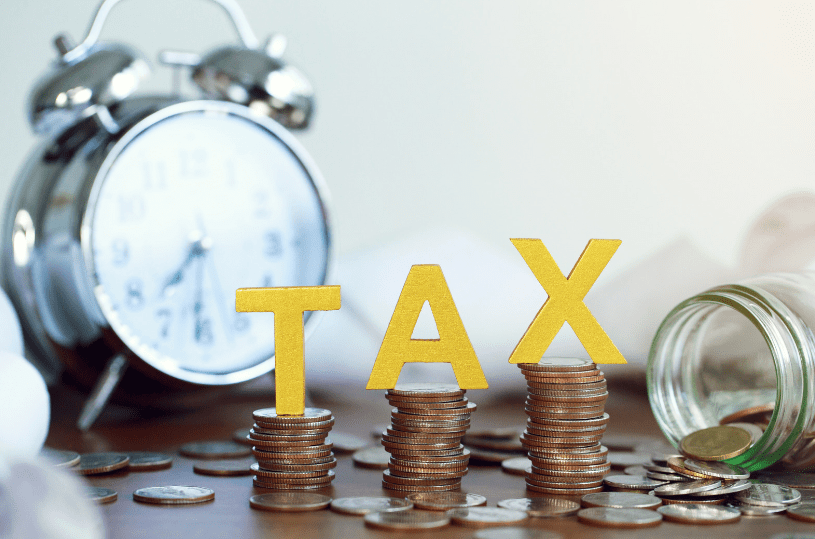6 Tax Considerations UK Charities Must Make

Like all trading organisations in the UK, charities and social enterprises are subject to taxation on some of their financial activities. It isn’t the case that charitable organisations are universally tax-exempt. However, the rules concerning tax liabilities for charities are different to those of profit-making businesses, and there are several important considerations you must make in order to remain compliant with the law.
This article will provide an overview of six key considerations that all UK charities should be aware of when it comes to taxes. From understanding the reliefs available from income and business taxes – such as the Gift Aid scheme, to being aware of restrictions on charitable reliefs, this article will help ensure that your charity is up to date on its tax obligations.
1. Tax Planning:
UK charities must make sure that they are aware of tax planning strategies to ensure that they can maximise their resources for their organisation. This includes considering trading subsidiaries and the small trading tax exemption. A trading subsidiary provides a way for charities to generate income that isn't subject to the same restrictions as pure charitable funds. Meanwhile, the small trading tax exemption allows charities to earn up to £80,000 in trading income before being subject to corporation tax. With careful planning, UK charities can maximise their financial resources, helping them to better serve their chosen causes.
2. Tax Return Filing Requirements:
The requirement to submit a tax return for a charity can be enforced by HMRC even if there is no taxable income to declare. If HMRC requests a return to be filed for a given period, this is something that the charity must comply with. Charities can write to HMRC if all of their income is exempt to request that they file an annual tax return (either corporation tax or income tax, depending on the form of the charity.) Charities need to ensure they are aware of the various income streams of the charity and what falls under exempt income vs what is taxable income.
3. VAT reporting
As for VAT, charities are exempt from paying VAT on many (but not all) goods and services, but must still register for VAT and submit VAT returns if they have received more than £85,000 in taxable income in the past 12 months. It is important to note that VAT may apply to some charity activities, and proper documentation of goods and services are necessary.
4. Gift Aid Optimisation:
The Gift Aid scheme is worth billions for UK charities each year, allowing good causes to reclaim the income tax paid by donors on charitable donations and worth up to 25p for every pound donated. However, to take full advantage of Gift Aid, charities must ensure they have the right systems in place for optimising their returns and revenues, such as being registered for Gift Aid with HMRC, having a UK bank account and being able to provide Gift Aid declarations from donors. This will help make the process simpler and more efficient for both the charity and its donors.
5. Training Trustees On Tax Implications:
All trustees working within a charity should receive appropriate training on how different activities can impact on potential taxes or liabilities so that they are aware of any issues that may arise.
6. Community Amateur Sports Group (CASC) Rules:
Special rules surround taxation of profits by Community Amateur Sports Groups (CASC). Therefore, charities operating in this area should invest in a good accountant who can provide advice and guidance on any specific tax rules associated with their operations.
Next Steps
David Howard are a specialist Chartered Accountancy partnership offering tailored accounting and financial planning services to charities and small businesses. To find out more about how we can help, please click here, or call us directly on 020 8970 7730.
Image source: Canva
Posts by Topic
- Accounting Services (58)
- Tax Services (57)
- Tax (50)
- Smart Accounting Services (34)
- Tax Return (29)
- Corporation Tax (26)
- COVID-19 (24)
- sme accounting (24)
- Clients (19)
- Switching Accountants (16)
- VAT (15)
- Making Tax Digital (13)
- News (13)
- Xero (13)
- Dividend Tax (12)
- bookkeeping (12)
- Payroll (10)
- Cloud Software (9)
- Capital Gains Tax (6)
- Inheritance Tax (3)
- Savings (3)
- Benefits In Kind (Employee Benefits) (2)
- Case Studies (2)
- Stamp Duty (2)
- Trust (2)
- Trust Account (2)
- GDPR (1)
- Insider (1)
- Lifetime ISA (1)
- Retirement Savings (1)
- Wear & Tear Allowance (1)

